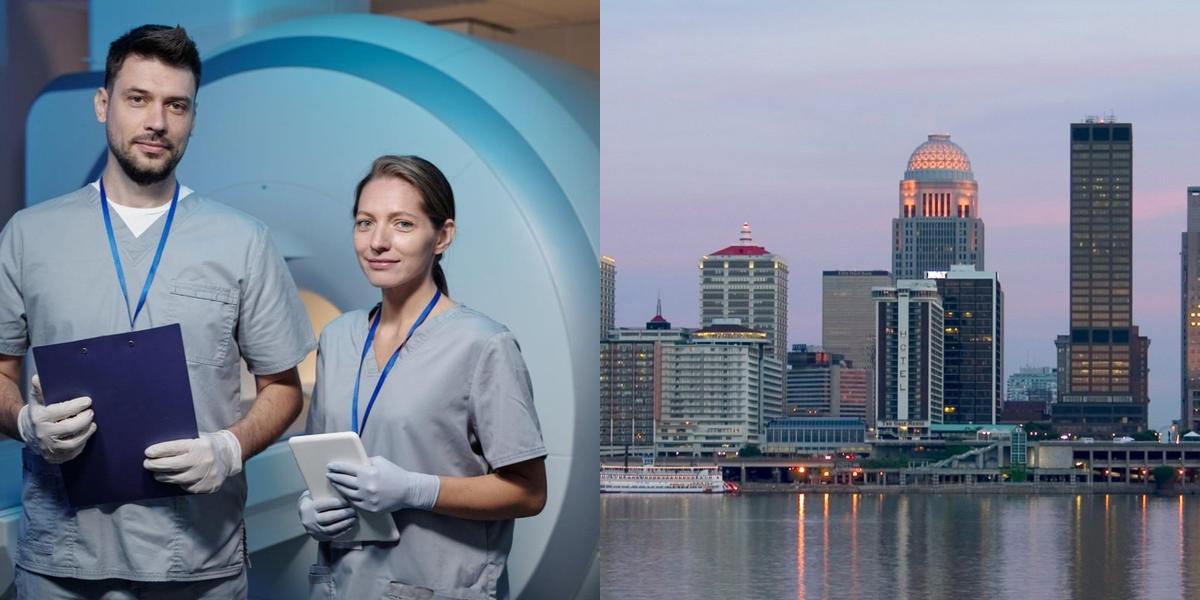How to Become a Radiology Technician in Kentucky

What is a Radiology Technician?
Radiology technicians, also known as radiologic technologists, are healthcare professionals who use specialized imaging equipment to capture diagnostic images of the human body. They are responsible for positioning patients, operating x-ray, CT, and other imaging machines, and ensuring the quality of the images produced.
How Do I Get a Job as a Radiology Technician?
To get a job as a radiology technician in Kentucky, you can:
- Search for job postings on job boards, hospital websites, and professional associations.
- Network with other healthcare professionals and attend industry events.
- Consider internships or entry-level positions to gain experience.
- Highlight your certification, education, and any relevant skills or experience.
Career Paths and Opportunities after Becoming a Radiology Technician
After becoming a radiology technician, you may have opportunities to specialize in areas such as CT, MRI, or mammography. You can also pursue leadership or management roles, or consider further education to become a radiologist assistant or advanced practice radiologic technologist.
Final Thoughts
Becoming a radiology technician in Kentucky can be a rewarding career path, with opportunities for growth and advancement. By meeting the educational and certification requirements, you can start a fulfilling career in the healthcare industry, helping to diagnose and treat patients using advanced imaging technologies.
Dreambound offers a window into various career paths, so if you're considering a shift in your career, browse through these articles:

Athena is Co-founder and CEO of Dreambound.





